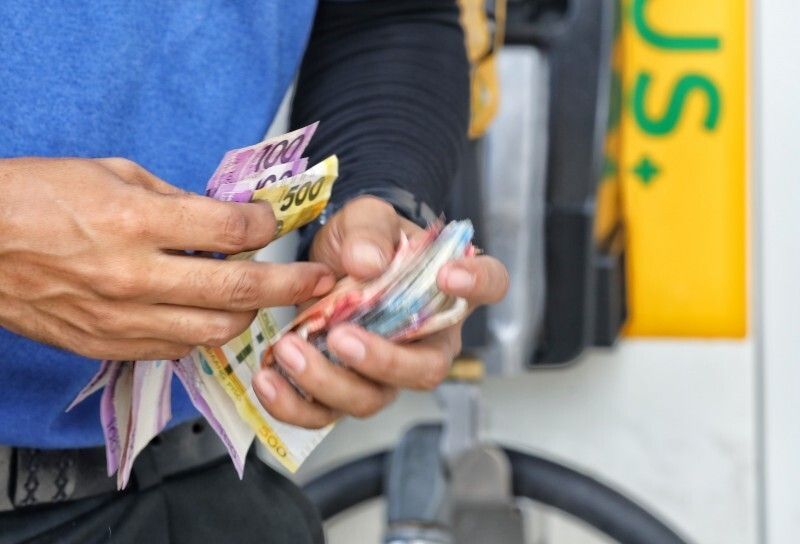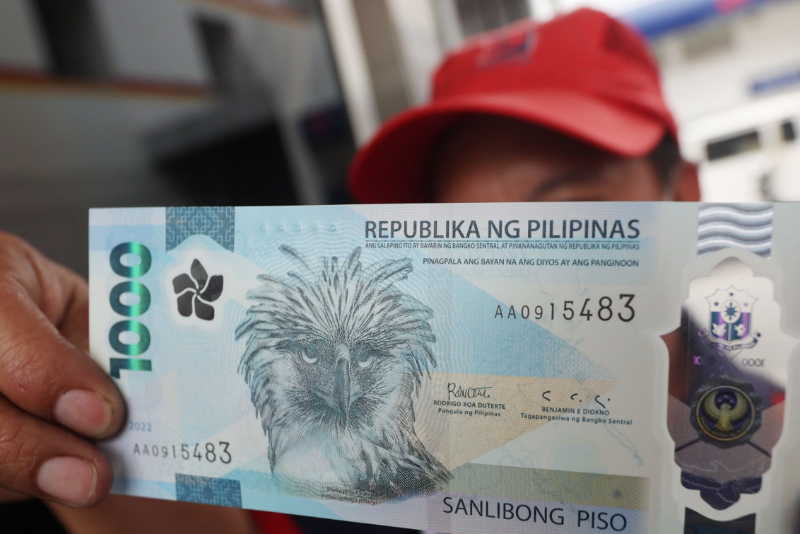Bangko Sentral ng Pilipinas Incoming Governor Felipe Medalla‘s suggestions on how to properly handle the new P1,000 polymer banknote earned disapproval from Filipinos online.
These include excessively folding and crumpling the bill, actions which most Filipinos had long been doing as convenience when using and storing paper bills.
Medalla, former socio-economic planner, made these suggestions in an interview with One News PH on June 24.
“One thing to adjust is to have wallets or purses that prevent it from being totally folded. Dapat ang wallet singhaba ng pera para hindi i-fold,” he was quoted in a report as saying.
Medalla claimed this is much easier for women with handbags.
“Mas madali yan sa babae kasi may handbag kayo,” he was quoted in a report as saying.
BSP on June 13 also released a list of guidelines on how to properly handle the P1,000 polymer banknote on social media.
The following is the list of “do’s” in using the bill:
- Keep them flat.
- Keep them clean.
- Use them as payment for goods and services.
- DO NOT write or put marks on the banknote.
- DO NOT excessively fold or crumple the banknote.
- DO NOT cut, put holes, or staple them.
- DO NOT damage or remove any of its security features.
- DO NOT iron them.
- DO NOT expose the banknote to high temperatures or place it in an open flame.
- DO NOT expose the banknote to toxic chemicals.
Full story New bank notes issued since April 2022
I ordered a flat full-length wallet just for my bills Lazada flat full-length wallet what a bargain, I'm sure it's a lady's wallet but oh well, until I can find something thin that fits in my tactical bag inner zipper this will have to do.







